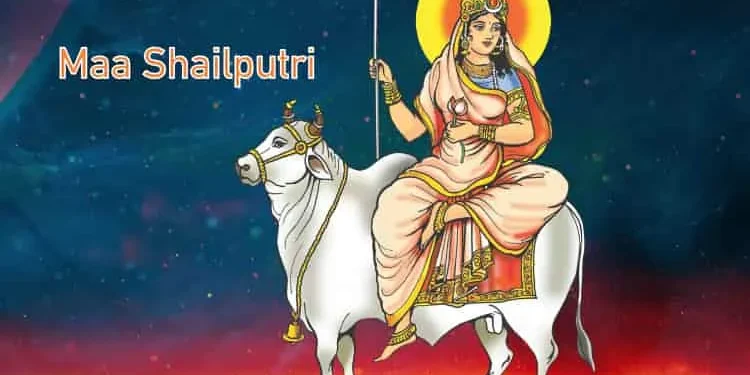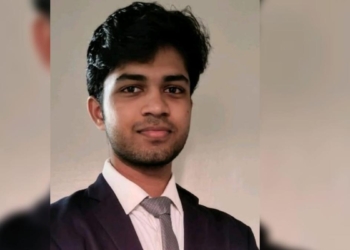The nine-day festival of Shardiya Navratri 2025 kicks off today, September 22, and will conclude on October 2 with Vijayadashami (Dussehra). Devotees across India are celebrating Day 1 by worshipping Maa Shailputri, the first form of Goddess Durga, marking the beginning of this sacred period of devotion and festivities.
Who is Maa Shailputri?
Maa Shailputri, also called the Mountain Goddess, is considered the embodiment of Mother Nature and a symbol of purity and strength. According to Hindu mythology, she is the rebirth of Goddess Sati as the daughter of Lord Himalaya. Her name itself reflects her origin – “Shail” meaning mountain and “Putri” meaning daughter.
She rides a bull (Nandi) and holds a trident and lotus, representing courage, growth, and spiritual awakening. She is also associated with the Moon, which is considered the giver of all fortunes.
Auspicious Timings (Ghatasthapana Muhurat)
According to Drik Panchang, today’s Ashwina Ghatasthapana muhurat is highly significant.
-
Main Muhurat: 6:11 AM – 7:52 AM
-
Abhijit Muhurat: 11:51 AM – 12:39 PM
-
Pratipada Tithi: Begins 1:23 AM (Sept 22) – Ends 2:55 AM (Sept 23)
-
Kanya Lagna: 6:11 AM – 7:52 AM
Performing puja during these hours is believed to invite prosperity, positivity, and divine blessings.
Colour of the Day: White
Day 1’s colour is white, representing purity, serenity, and peace. Devotees are encouraged to wear white attire to invoke Maa Shailputri’s blessings and experience a sense of inner calm and security.
Puja Vidhi & Rituals
Navratri begins with the sacred ritual of Ghatasthapana (Kalash Sthapana). Here’s what devotees do on this day:
-
Place a pan filled with mud and navadhanya (nine types of grains) and pour water over it.
-
Install a Kalash (sacred pot) filled with Ganga Jal, coins, supari, and akshat (turmeric rice).
-
Decorate the Kalash with five mango leaves and place a coconut on top.
-
Light a diya (lamp) that burns for all nine days of Navratri.
-
Offer flowers, incense sticks, fruits, sweets, and a special bhog of desi ghee to Maa Shailputri.
This ritual is considered one of the most important ceremonies of Shardiya Navratri, symbolising the invocation of divine energy into one’s home.





























